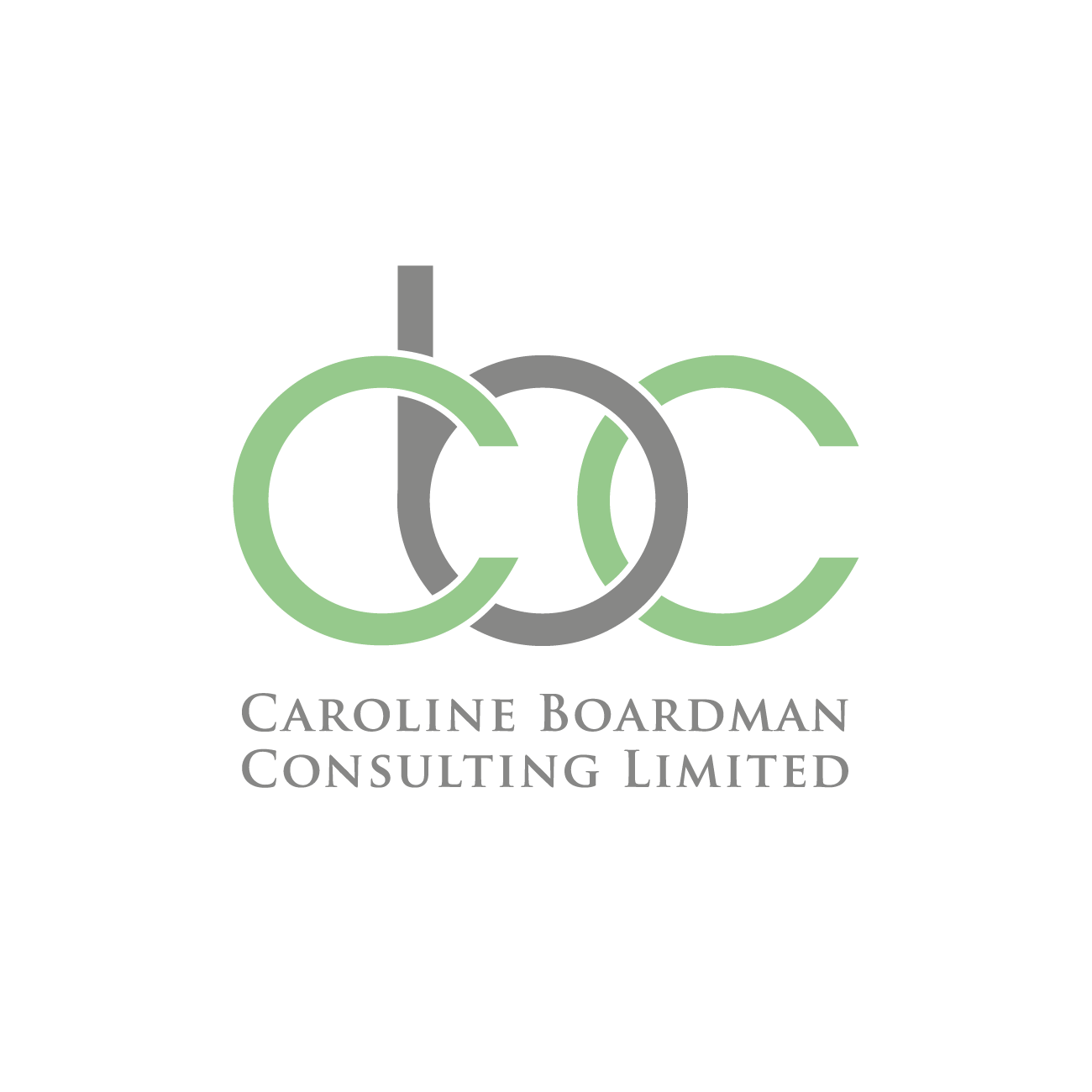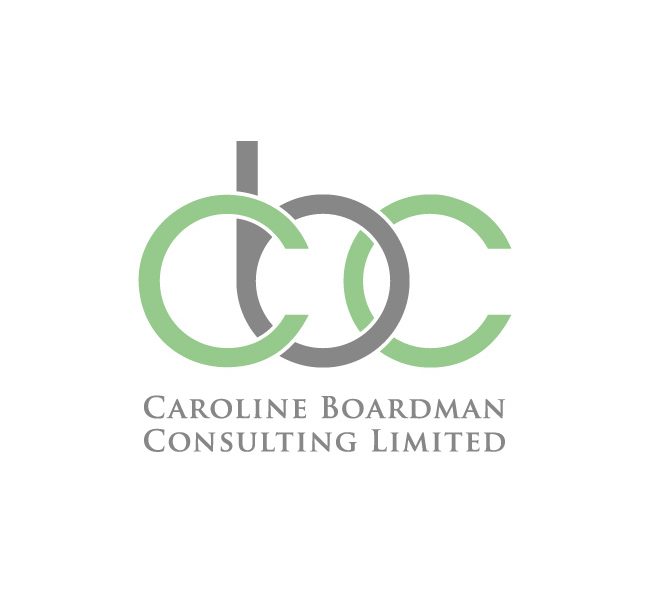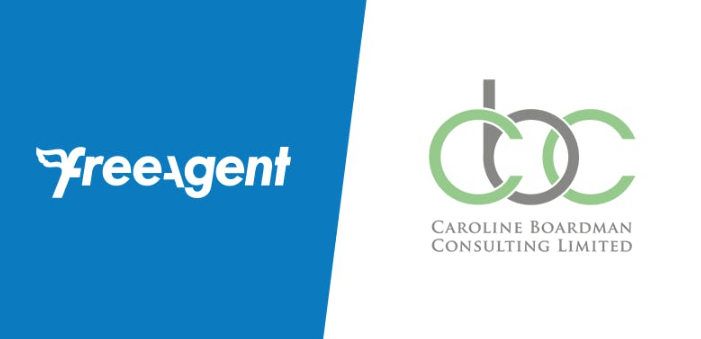Some tips for sole traders and freelancers completing their own tax returns
As the filing and payment deadline for the 2019/20 tax returns fast approaches (It’s 31st January 2021 for anyone who doesn’t know). The most common question clients ask me is “what expenses can I claim?” so I thought I’d write it up in an article.
1. Use of home as office – assuming you are working from home you have a choice of using the simplified expenses and claiming up to £26 per month. You can only use simplified expenses if you work for 25 hours or more a month from home. The rules are as follows: –
· If you worked over 25 hours but less than 50 per month, from home you can claim £10 per month.
· If you worked over 51 hours but less than 100 per month, from home, you can claim £18 per month.
· If you worked over 101 hours per month, from home, you can claim £26 per month.
Or you can calculate it in more detail, here’s how Infographic: How do I calculate my working from home expenses? For sole traders – FreeAgent
The flat rate does not include telephone or internet expenses. You can claim the business proportion of these bills by working out the actual costs.
2. There’s a couple of options when it comes to motor expenses… you have a choice of claiming 45p per business mile (this is known as simplified expenses) or the business proportion of your motor expenses.
Mileage is usually more tax efficient. If you go for the proportion of motor expenses, you can claim allowable business expenses for vehicle insurance, repairs and servicing, fuel, hire charges, vehicle licence fees and breakdown cover.
You cannot claim for non-business driving or travel costs (hence the apportionment), speeding or parking fines or travel between home and work.
You can claim for business travel costs too such as parking, train, bus, air and taxi fares, hotel rooms and meals on overnight business trips
3. As a sole trader you will likely have expenses for marketing, entertainment and subscriptions. You can claim allowable business expenses for advertising on social media, in newspapers or directories, bulk mail advertising (mailshots), free samples, sponsorship payments and website costs.
You cannot claim for entertaining clients, suppliers and customers or event hospitality (there may still have been the option to do this in 2020… there won’t be much in the 2020/21 tax year will there!?
You can claim for trade or professional journals and subscriptions and trade body or professional organisation membership if related to your business.
You cannot claim for payments to political parties, gym membership fees or donations to charity Charitable donations can go in a different part of your tax return to reduce your higher rate tax if you are paying it.
4. Training courses – You can claim allowable business expenses for training that helps you improve the skills and knowledge you use in your business (for example, refresher courses). The training courses must be related to your business.
You cannot claim for training courses that help you start a new business or expand into new areas of business, including anything related to your current business.
5. DON’T FORGET TO FILE AND PAY your tax bill by the deadline.
You need to actually remember to file your Self-assessment return by 31st January AND pay your bill! If you file and/ or pay late, you could pay anything from £100 right up to the 100% value of your tax bill – meaning that you essentially will need to pay your tax bill twice. So, don’t do this.
If you can’t pay your bill, still file your return and then contact HMRC about paying in instalments.
If you have any questions, feel free to email me at info@carolineboardmanconsulting.co.uk.



